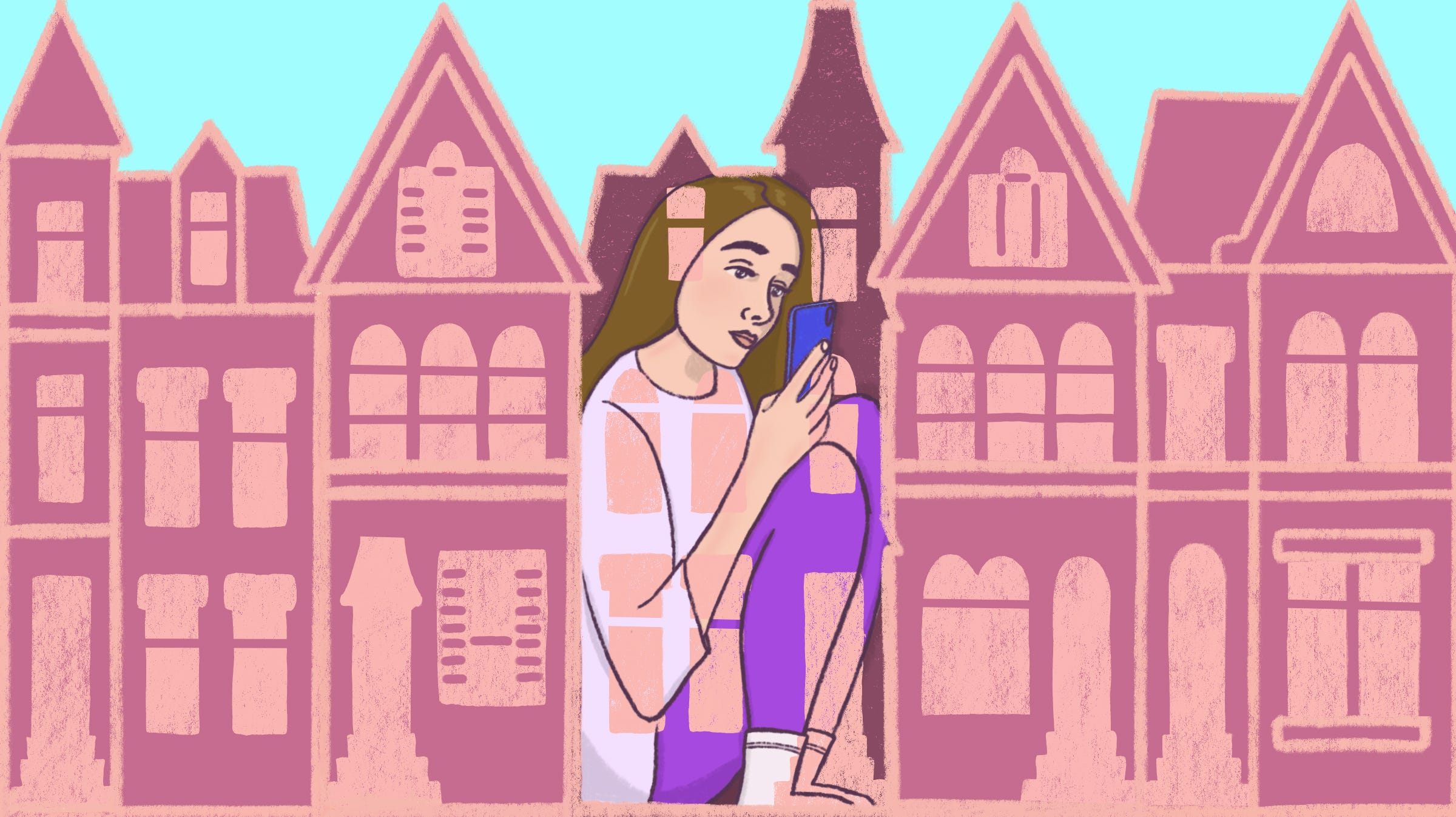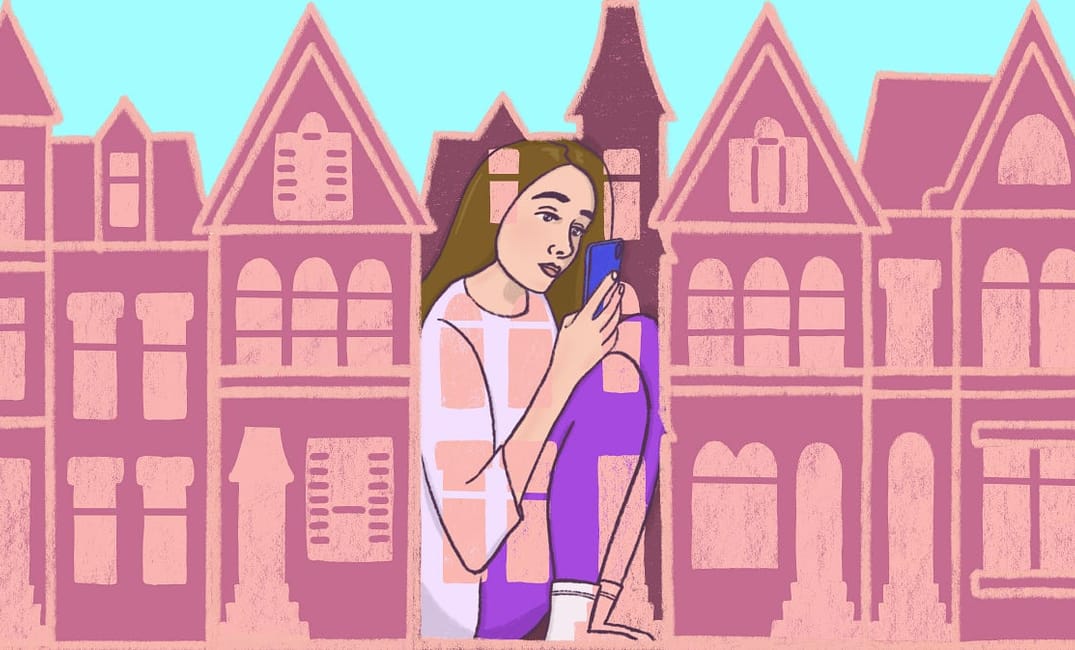
The pandemic is finally winding down. While we’re by no means in the clear yet, the end is finally in sight.
Between the number of people vaccinated (20% of Americans have received at least one dose so far) and those who have a level of antibodies after contracting a natural case of Covid-19, experts believe we could be back to “normal” by summer or early fall. President Joe Biden boosted those predictions when he announced last week that anyone who wants a shot should be eligible for one by May 1.
That means by the time summer turns to fall, with any luck, your local pizza parlor will have opened its doors, your bookstore will have hired back much of its staff, and the local bar will show baseball games to full crowds cheering and booing. Grandparents will see grandchildren, weddings will resume, and friends will once again gather inside the homes we’ve been holed up in, alone, for more than a year.
We’re all looking forward to this. But there’s a part of me that doesn’t want the pandemic to end.
Sign up for The Bold Italic newsletter to get the best of the Bay Area in your inbox every week.
Don’t get me wrong: Of course I want people to stop dying, to stop getting irreparably sick, to stop being fearful. I want businesses to stop closing, houses to stop being foreclosed, mothers to be able to choose work over childcare, children to get to see friends and learn from teachers in an actual classroom. I want to see my friends, to hug them. I want the sidewalks to be filled with people less than six feet apart, able to smile at a stranger, and restaurants to be packed with frivolous chatter.
And yet I’ll mourn what I’ll lose when the pandemic fades away.
For the first time in my life, while I’ve been stuck at home, so has everyone else. For a year, everyone else has gotten to know what it’s like to be “home-ridden” right alongside me.
The first time I was stuck at home for months was in seventh grade, two years after I was diagnosed with Crohn’s disease, an autoimmune disease where your body attacks the walls of your digestive tract. While other kids went to school dances, I was barely eating and enduring high fevers and pains in my ulcerated gut. It would happen again freshman year, junior year, and nearly all of college. My “normal” was doing about half of what everyone else could do. When others were traveling, I was watching movies on the couch. I replaced fancy dinners out with chicken soup in. For me, summer meant more time in the backyard hammock, not weekend camping trips or travel abroad.
When people talk about losing a year of their lives to Covid-19, I can’t help but think aboutallof my lost years—the ones in the past and the ones still to come.
When I was young, I used to wish the world would pause for me to get better so I wouldn’t miss out. It was like the universe heard me this time.
I started feeling ill again the autumn before the pandemic, with fatigue and extra trips to the bathroom. It got worse during the spring, just as people started to read stories about the virus spreading in China and Italy. Then, there was no more working out at the gym, no more bars after work, no more last-minute trips to the grocery store, no more hugs. Possibly due to stress, or lack of exercise, or just bad luck, my illness flared as stay-at-home orders were instated. I was living a sedentary life on my bed again, bingeing on carbs and fats from my freezer.
My symptoms got worse as the pandemic did. By summer, I had recurring infections in my bowel and bladder and was sleeping 12 to 15 hours a day. I got MRIs and colonoscopies and stool samples and infusions and switched from one drug to another, putting on double masks to enter the hospital each time.
Yet during this “lost year” when I couldn’t travel or go out, neither could my friends. I wasn’t watching parties I had to miss. Everyone I knew was missing out, too. When I was at home watching a movie instead of going out, so were people all over the world.
I know I’m not the only one who felt some relief at the lack of FOMO. Many people have had “lost years” in their lives — because they had no job, because they were sick or disabled, because they were undocumented and couldn’t travel home, or because they were incarcerated — and know what it feels like to miss out while everyone else carries on with their seemingly normal lives. This year, at least we felt some commonality with the general population as we shared fear and insulation with the world.
But for many of us, our confinement never ends. Instead of just being excited for the pandemic to disappear, I find myself anxious as I sense the world reopening. When others return to “normal,” I won’t get to.
When the pandemic is over, the online movie nights and weekly happy hours and Zoom game nights that made it so easy for me to stay connected with my friends will go away. I will likely not be healthy enough to travel, nor will I have the money to do so after a year of struggling to find work. I’ll probably still be saying no to party invitations, because I’ll be too sick or exhausted to leave my bed.
Life will go back to “normal.”
For some.
For better and for worse.







